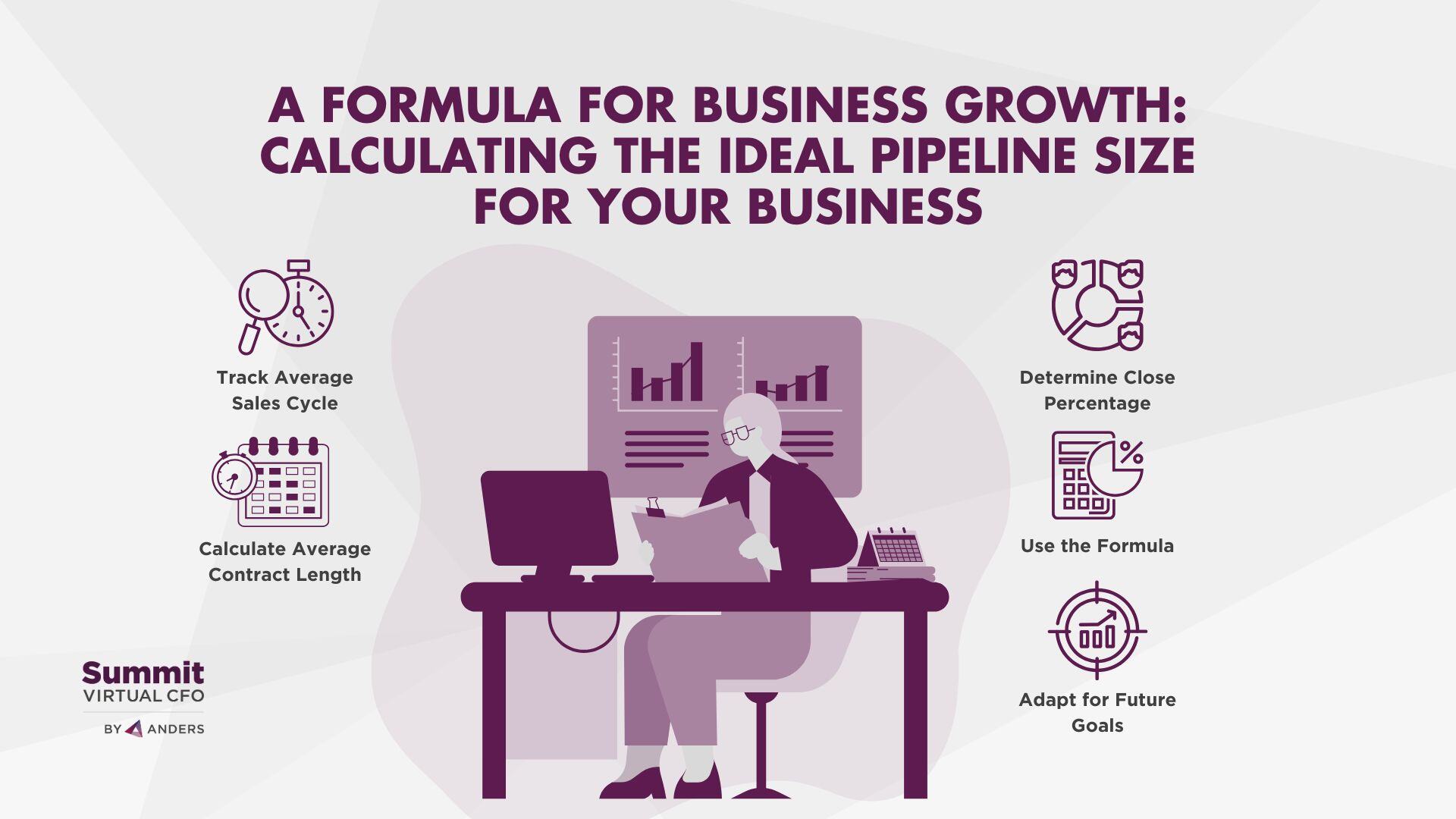Variable pay and executive compensation are types of profit-sharing plans that companies can consider implementing. They allow individual employees to share in the financial successes of their respective companies during years of profitability. Therefore, this plan is used to incentivize team members, by creating a win-win scenario: as their hard work boosts the company’s financial growth, they are rewarded in kind, with a financial payout.
If you’re a company looking for an additional plan to add to your benefits package that will also boost your bottom line, take a look at the information on these particular employee compensation plans below to determine whether they’re the right fit for your business.
Defining Variable Pay and Executive Compensation
Variable pay is typically delivered in the form of monetary rewards (e.g., sales commissions) to employees who have exceeded predetermined performance goals, in addition to their regular base pay.
Executive compensation can include several different benefits. However, within the context of profit-sharing plans, the work an executive does to bolster the financial performance of a company is also linked to a financial reward (e.g., performance bonuses). Unlike other benefit plans, such as phantom stocks or employee stock option plans (ESOPs), variable pay and executive compensation are usually paid out to the employee directly in a lump sum, whether on an annual basis or at every pay period.
What Types of Employees Can Receive Variable Pay?
Variable pay can be a part of any compensation package. Most commonly associated with sales teams, variable pay can be earned based on number of deals closed — or a dollar amount.
But variable pay can be for any high-performing team member, not just for salespeople: client-facing employees can participate in incentive plans that reward them based on the size of their book of business.
Even administrative employees can participate in an incentive pay structure based on overall team performance. This could be distributed as an equal lump sum across the board (which benefits for employees with lower base salaries) or could come as a percentage of their fixed pay (which favors employees with higher fixed pay).
Benefits of Offering Variable Pay
-
Employee Flexibility: If variable pay is tied to the amount of client work an employee does, it gives that employee the ultimate level of control over their career. They can choose to put in extra hours for a higher income or to scale back, for example if personal obligations require, they dial back their office time.
-
Company flexibility: When a company’s profits are up, everyone shares in the wealth. On the flip side, lower fixed salaries mean lower all-around employee burden, which can help minimize overhead when times are tight.
-
Boost company performance: variable pay plans incentivize hard work, increasing employee engagement and retention, which directly boosts company performance — an ideal feedback loop.
Drawbacks of Variable Compensation
-1.jpg?width=548&height=343&name=Blog%20Post%20Template%20(5)-1.jpg) Variable compensation plans need to be designed and communicated in a thoughtful way or they risk breeding unhealthy competition and disrupting an otherwise harmonious work environment. Decisions about whether or how to disclose variable pay should be made with care.
Variable compensation plans need to be designed and communicated in a thoughtful way or they risk breeding unhealthy competition and disrupting an otherwise harmonious work environment. Decisions about whether or how to disclose variable pay should be made with care.
Furthermore, using variable pay to incentivize employee performance only works in profitable years. If profits are down, companies may face increased turnover at the worst possible moment, just as it needs to find ways to regain momentum.
Plan Creation and Implementation
Creating and implementing a profit-sharing plan that involves variable pay appropriately is crucial to its success. Listed below are steps you can take to successfully develop and execute a profit-sharing plan that incorporates one or both of the benefits mentioned above:
-
Identify your business goals.
Determine what you are trying to achieve with this plan. In doing so, you’ll be able to create a series of business objectives that will serve as your guiding light as you work to grow your business. These goals can also be used as a reference point as needed. -
Determine your metrics.
Metrics will help you identify ways in which individual achievements from employees should be measured and rewarded. Under variable pay and executive compensation plans, employee bonuses are paid out in an amount that’s based on job performance data, such as the number of new clients signed, or the amount of sales revenue earned. -
Inform the appropriate parties.
Make sure you let your employees know how these plans will function (e.g., eligibility requirements, how individual performance will be evaluated, and so on). It’s also crucial that you communicate your company’s objectives to your employees so that they understand what they’re working to achieve. Doing so can help further incentivize them and give them a better understanding of their impact on the company’s financial success. Your human resources representative should consult in this process. -
Track the plan’s progress.
Once you have created a profit-sharing plan document and begun executing it, make sure your plan is pushing you closer to your business objectives. You can achieve this by tracking your company’s progress through the metrics mentioned above, as well as checking in regularly to ensure your measurements and strategy are still aligned. From there, you can adjust your approach as needed.
If you do choose to incorporate either or both of these compensation strategies into your employee benefits package, make sure you offer the benefit consistently to ensure your top talent stays motivated.
Variable pay and other forms of compensation are just part of what we do as Virtual CFOs. To learn more about our services, reach out to a Virtual CFO for a free consultation.
.png?width=120&height=77&name=Summit-Virtual-CFO_color_rgb%20(1).png)













